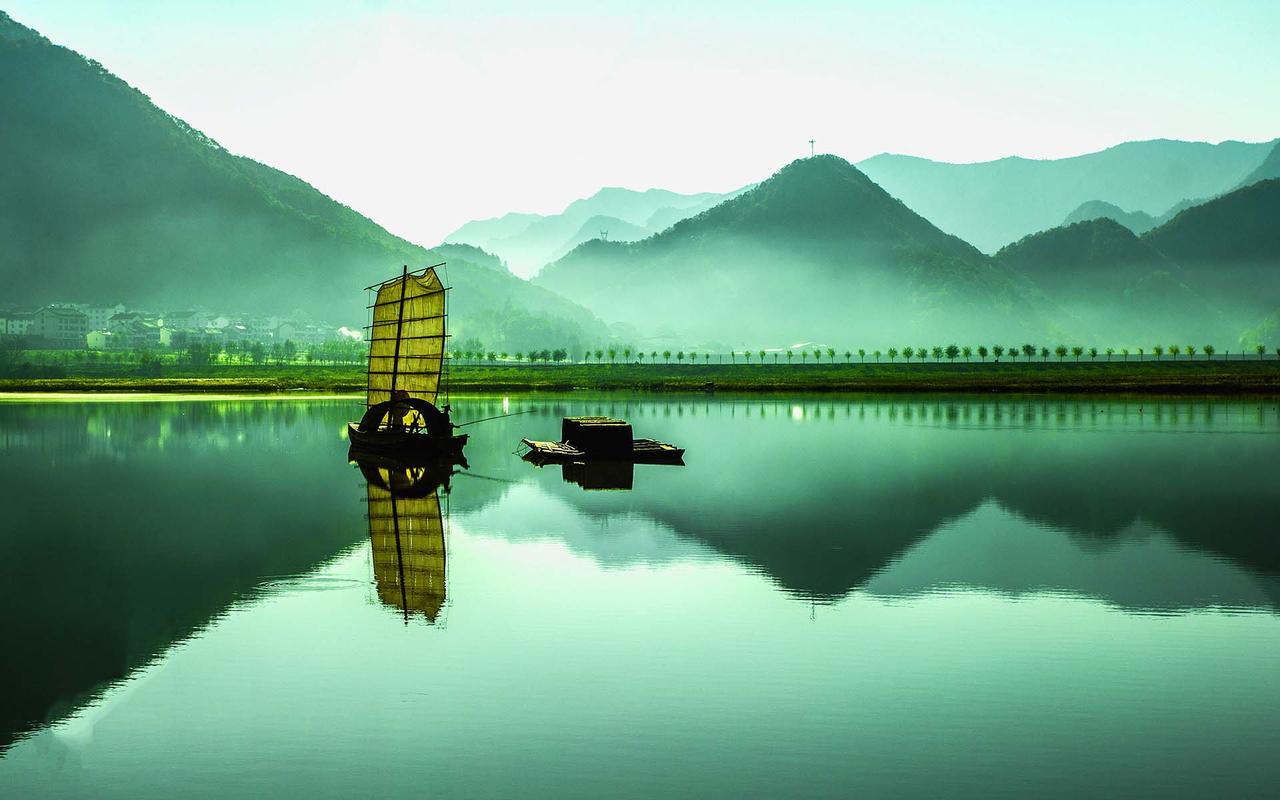The Impact of Popular Culture on WW1: An Overview
World War I has been one of the most catastrophic events of the 20th century. Many scholars have studied the causes, the impact, and the consequences of the war. While the political, economic, and social factors played a significant role, there are some less visible, yet equally critical drivers. One such force that affected the shaping of society and contributed to the WW1 was popular culture. In this article, we take a closer look at the connection between popular culture and WW1.
Background of WW1
Before diving into the topic, it is essential to understand the background of WW1. The war started in 1914, initially called “The Great War,” because it involved many significant world powers. The war lasted for four years, and it is estimated that around ten million soldiers lost their lives during this time. WW1 marked the end of the empires of the German, Ottoman, and Austro-Hungarian Empires.
The Role of Popular Culture in WW1
Popular culture played an active role in shaping the society of that era. It includes television, music, literature, propaganda films, and advertisements, among other things. All these mediums had a profound impact on people’s perception of the war, their attitudes towards the enemy, and the military’s role.
Propaganda Films and Popular Culture
Propaganda films played a vital role in shaping the public opinion during WW1. The governments used films to create a sense of national unity and patriotism. One such film was “The Battle of the Somme” which released in 1916. The film was a documentary of the actual battle, which was positively received by the masses. The film served as a tool for recruitment and helped popularize the idea of fighting for one’s country.
Literature and Popular Culture
The literature of that era reflected the public mood towards the war. Literary works such as “All Quiet on the Western Front” by Erich Maria Remarque, “The Good Soldier Švejk” by Jaroslav Hašek, and “The War Poems” by Wilfred Owenhighlighted the horrific conditions of the war. These works served as a critique of the war and acted as a reminder of the futility of war.
The Role of Music in WW1
Music played a crucial role in shaping the public mood during WW1. Songs such as “It’s a Long Way to Tipperary” and “Over There” were composed to motivate soldiers and citizens. These songs glorified the military and validated the sacrifices of soldiers.
Conclusion
In conclusion, the popular culture of the early 20th century played a significant role in shaping public opinion during WW1. The use of propaganda films, literature, and music to motivate soldiers and citizens made the war more palatable to the masses. However, it also served as a critique of the war, which reminded people of the brutality and suffering that it caused. The connection between popular culture and WW1 highlights the importance of understanding the role of culture in shaping our perception of events.
(Note: Do you have knowledge or insights to share? Unlock new opportunities and expand your reach by joining our authors team. Click Registration to join us and share your expertise with our readers.)
Speech tips:
Please note that any statements involving politics will not be approved.
